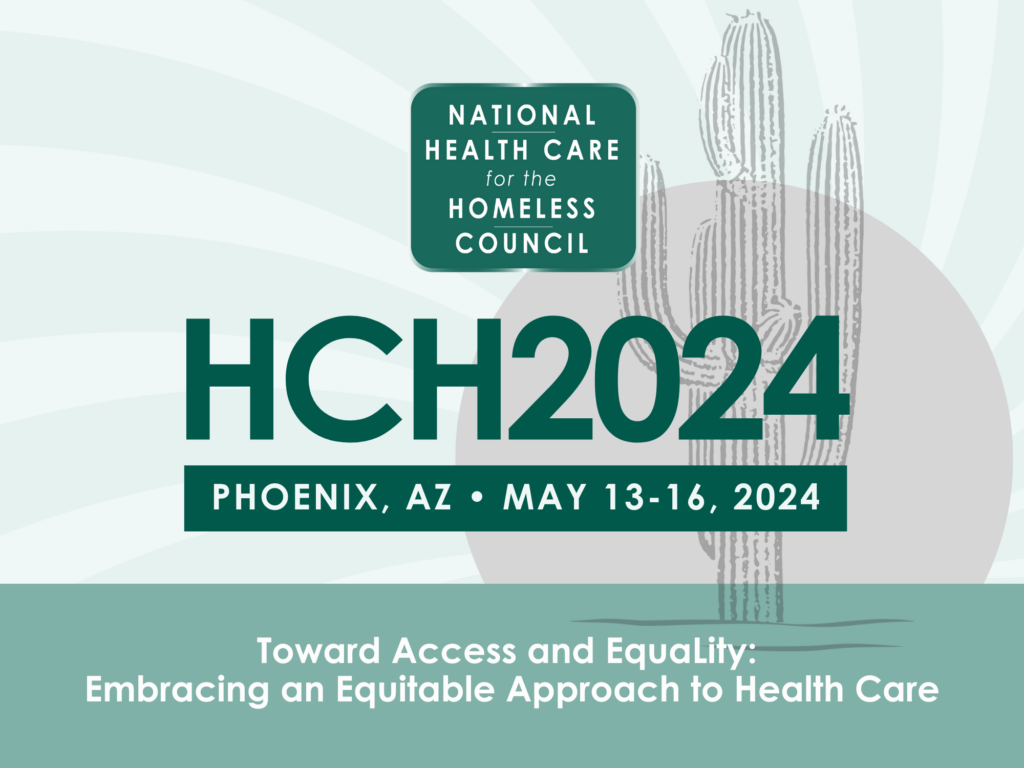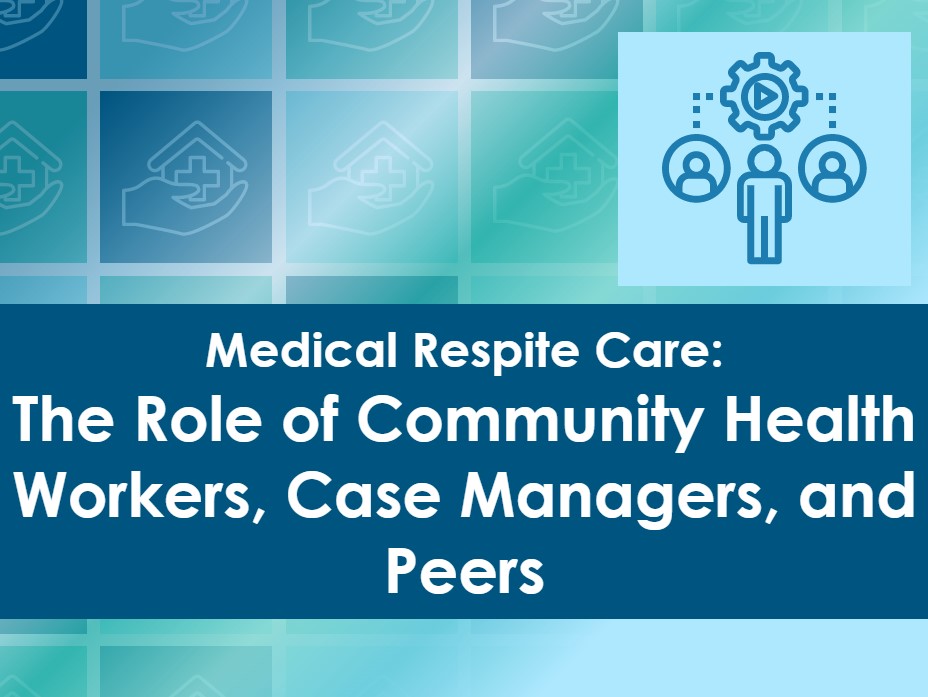Building an Innovative Model of Care for Vulnerable Patients, through Outreach & Peer Support
By meeting people where they are literally and figuratively, addressing social determinants of health, and building relationships, hospitals can significantly reduce emergency department recidivism and acute psychiatric admissions to improve patients’ quality of life. Because our healthcare system is stretched thin with a lack of beds or places to safely discharge people to, patients with […]




